Renters, homeowners face new phase of coronavirus crisis with evictions, foreclosures looming — from finance.yahoo.com by Alexis Keenan
Excerpt:
A potential housing crisis is on the way for millions of Americans whose mortgage and rent deferrals are about to sunset.
Evictions loom as the end of state and local moratoriums will no longer protect homeowners and tenants unable to make payments because of COVID-19 lockdowns. A minority of U.S. states have already expired orders against evictions, and a host of others across the country are set to expire over the next two months.
Once they do, residents are facing a possible flood of non-payment legal actions. The COVID-19 Eviction Defense Project (CEDP) predicted recently that by the end of September, more than 20 million U.S. renters —many of them Black and Latino located in big cities — will be at risk for eviction.









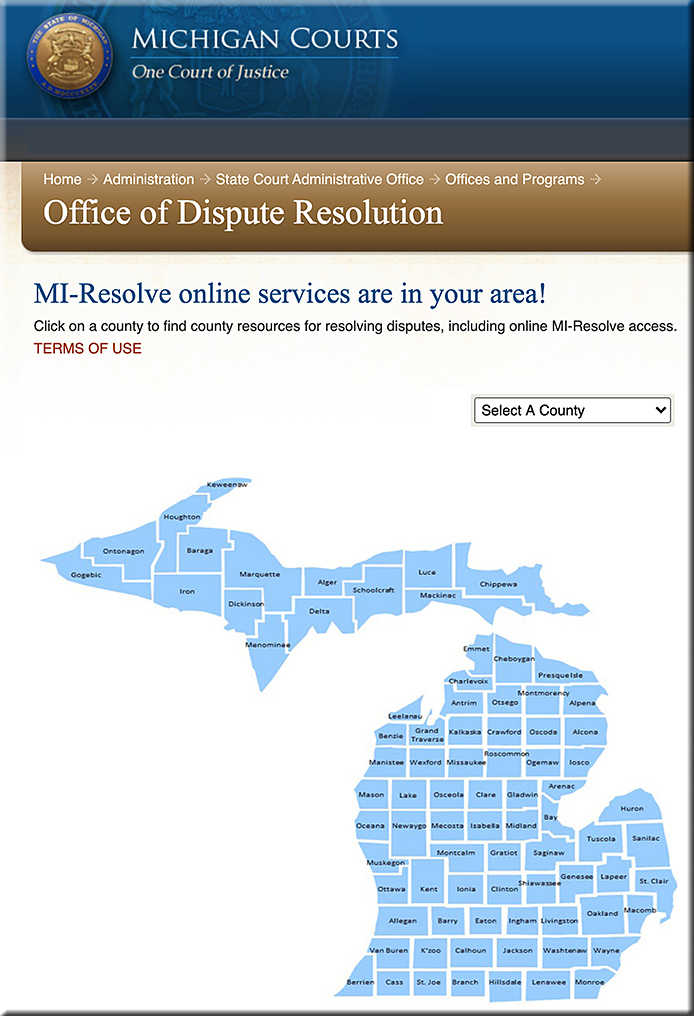
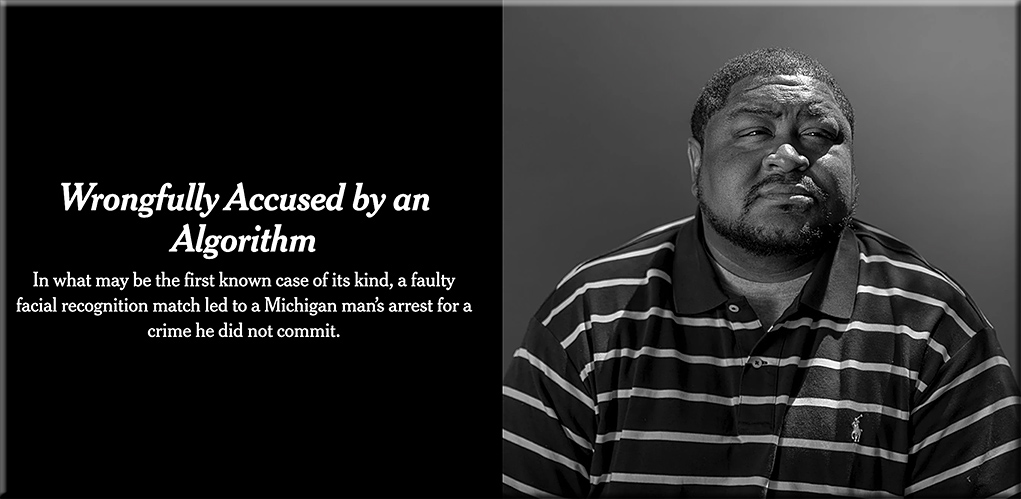

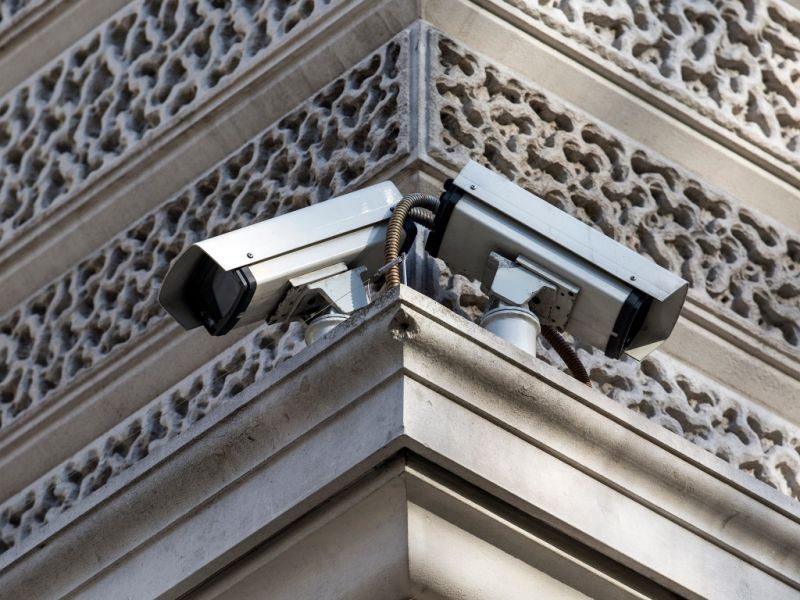
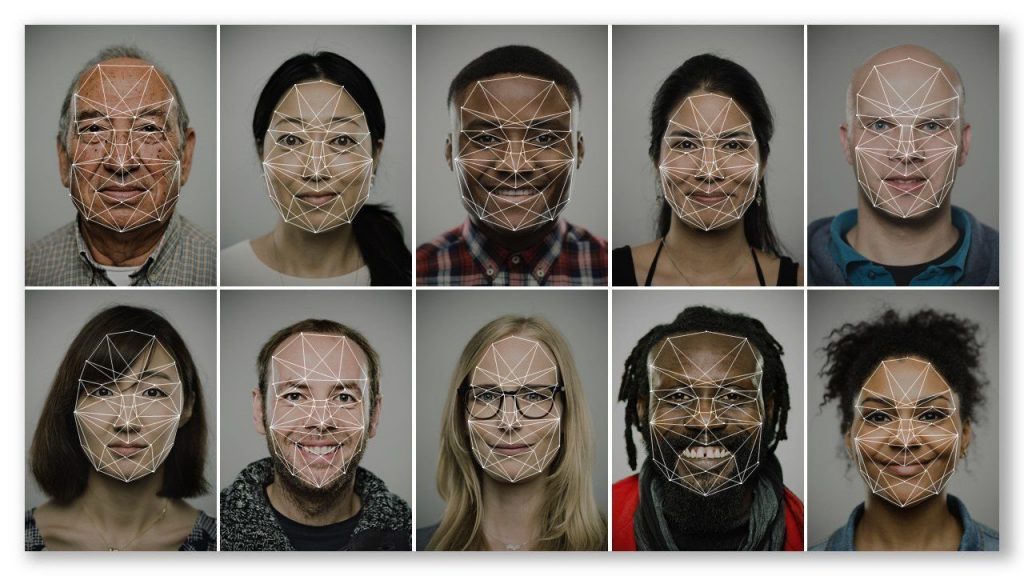


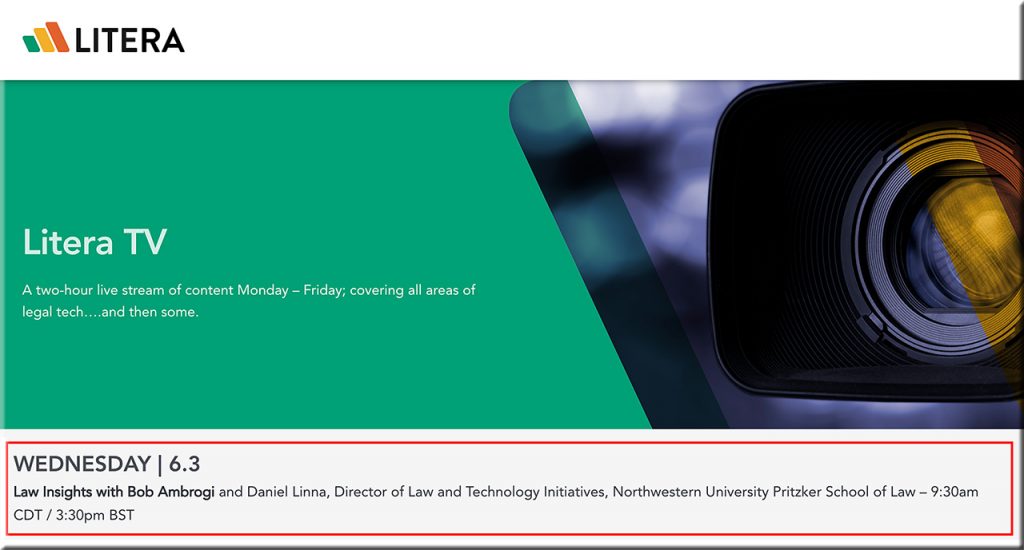
![ABA President Judy Perry Martinez on the ABA and the Profession in a Pandemic [Ambrogi]](http://danielschristian.com/learning-ecosystems/wp-content/uploads/2020/05/LawSites-5-18-20-Ambrogi-Martinez.jpg)